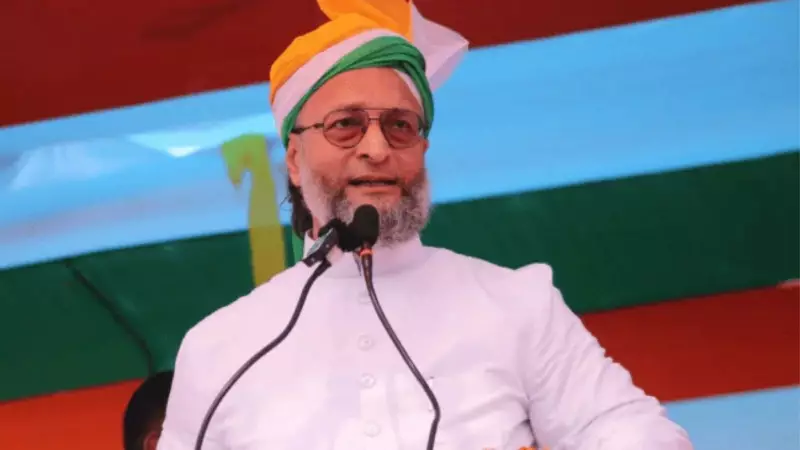
In a significant political maneuver that could reshape Bihar's electoral landscape, Asaduddin Owaisi's All India Majlis-e-Ittehadul Muslimeen (AIMIM) has unveiled its candidate list for the upcoming assembly elections, signaling ambitions far beyond its traditional strongholds.
Strategic Expansion Beyond Comfort Zones
The party has named 25 candidates who will contest across various constituencies, with a particularly noteworthy aspect being the inclusion of two non-Muslim candidates. This move demonstrates AIMIM's attempt to broaden its appeal and shed the image of being exclusively a Muslim-centric party.
Political analysts are viewing this development as a calculated effort to expand the party's footprint beyond the Seemanchal region, where it has traditionally enjoyed substantial support from Muslim voters. The Seemanchal area, comprising districts like Kishanganj, Araria, Katihar, and Purnia, has been AIMIM's primary base in Bihar.
Diverse Candidate Portfolio
The candidate list reveals a strategic spread across different regions of Bihar, indicating the party's intention to emerge as a pan-Bihar political force rather than remaining confined to specific demographic pockets. The inclusion of non-Muslim candidates is particularly significant as it represents the party's effort to build a more inclusive political platform.
This expansion strategy comes at a crucial time when Bihar politics is witnessing realignments and new equations are being formed. The move is expected to create additional challenges for established regional parties that have traditionally relied on Muslim vote banks in certain regions.
Potential Impact on Electoral Mathematics
Political observers suggest that AIMIM's expanded presence could potentially split votes in constituencies where Muslim voters play a decisive role, thereby affecting the prospects of other parties. This development is being closely watched by all major political players in the state as they fine-tune their own electoral strategies.
The party's decision to field candidates across a wider geographical area indicates its confidence in making inroads beyond its traditional bases and attempting to emerge as a significant player in Bihar's complex political arena.
As election preparations intensify, all eyes will be on how AIMIM's expanded strategy plays out on the ground and whether it can successfully translate its ambitions into electoral gains beyond the Seemanchal region.





